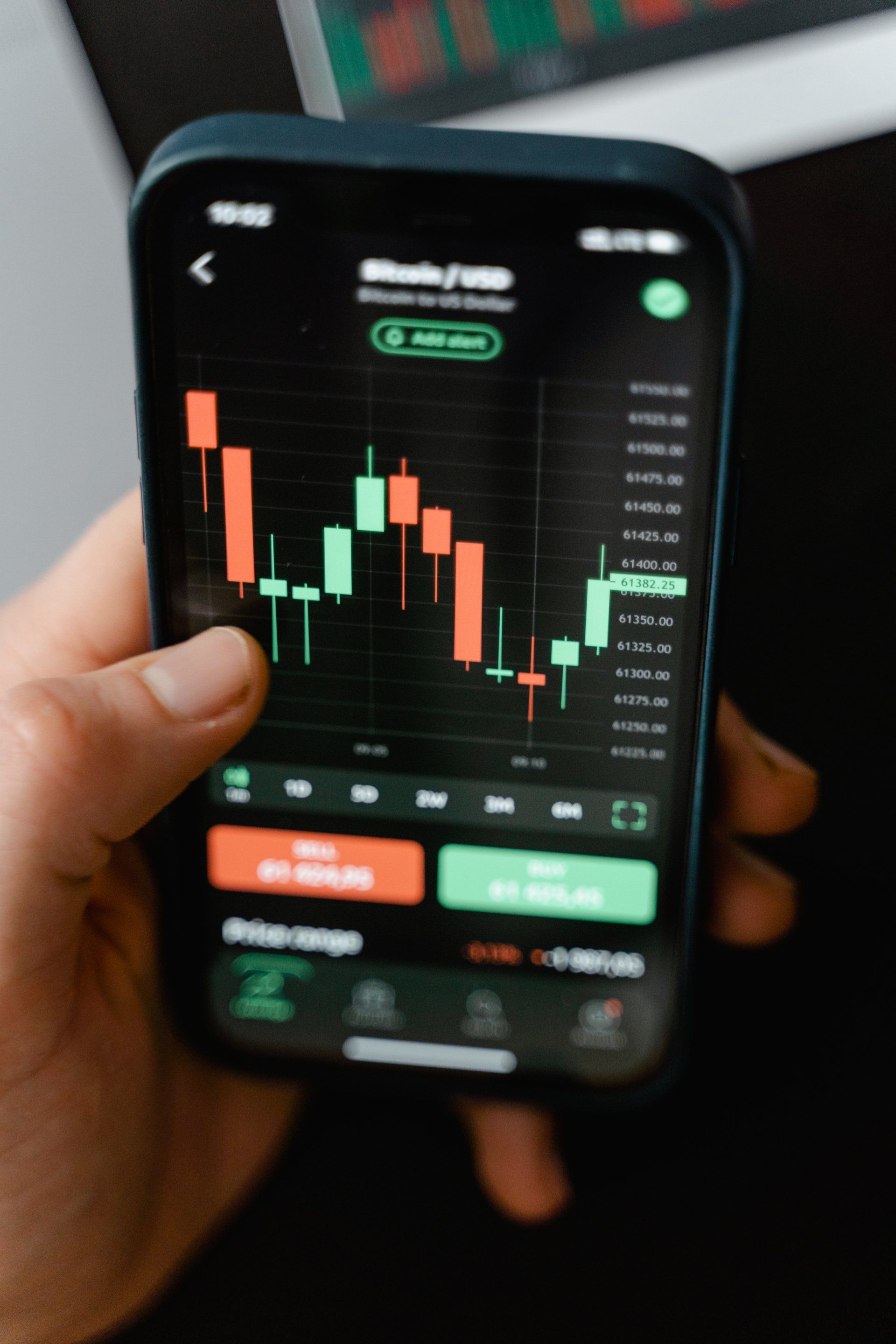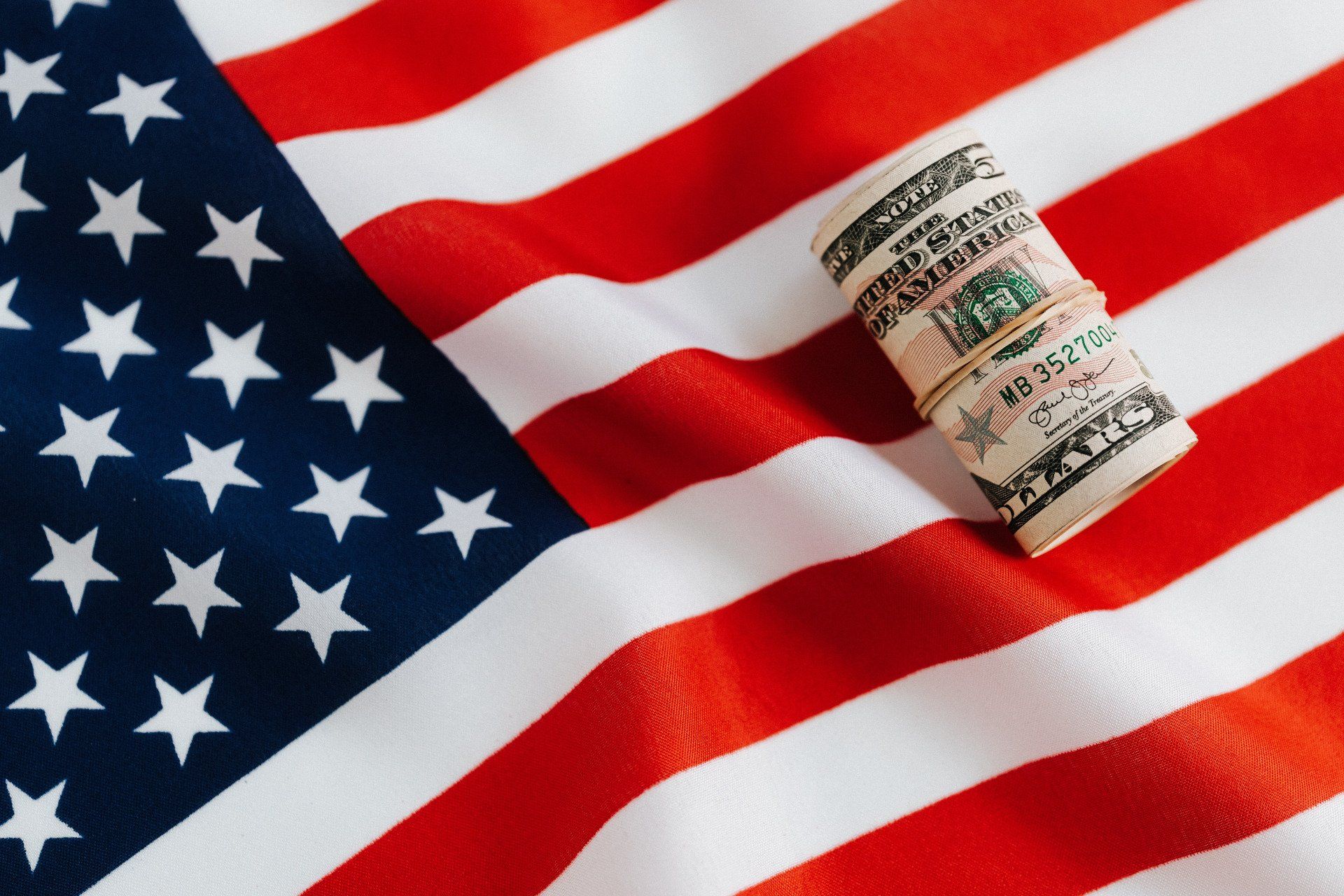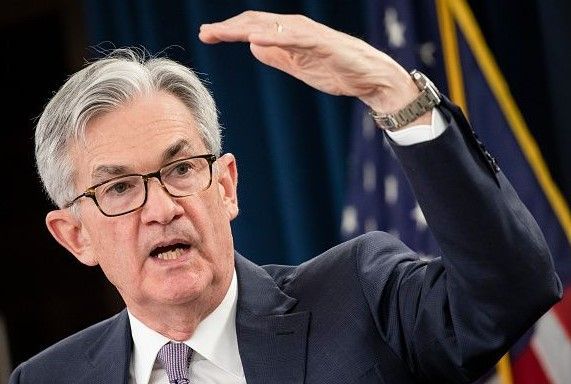How to Value a Company
Investments sure took a beating in 2022. Even the savviest investors are likely to be sitting on losses caused by the drop in value of stocks and particularly those in the tech sector. It was the biggest bear market since 2008.
The S&P lost 20% of its value and the former darling FAANG stocks all took a hammering. Apple lost 30%, Amazon 50% and Meta (formerly Facebook) a whopping 65%. Tesla lost two-thirds of its value and Elon Musk is now the proud owner of the biggest personal wealth loss in history. Last year was not for the faint hearted!
As this economy tightens expect to see further scrutiny on the valuation of businesses in 2023, particularly during the Q1 earnings season which has just started. But what exactly is the value of a business and how do you calculate a valuation?
Well the value simply means what an asset is worth. If it's a publicly traded company the market value is simply the total market capitalization of the business. The market capitalization is the total number of shares in circulation multiplied by the current share price. The share price is set by the market (supply and demand) and in theory should reflect the discounted future cash flows of the business. The markets are open most days of the year so to get an up to date valuation of a company you just need to look at the current share price.
If a company reports increased earnings and a positive outlook it's likely that it's share price will rise (because demand for its shares increases) and hence the market value of that business will increase. Conversely if a company issues a profits warning and states that future earnings are being downgraded then its value will likely fall.
But what about private businesses, their valuations are a bit more opaque, do we need to worry about those? Well if you have direct exposure to the value of those businesses then the answer is yes. And before you go thinking that you don't invest in any private companies it's worth taking a look at some of your investment funds. In the search for growth, funds have increasingly been investing in private equity businesses and related funds. Which in turn rely on the the value of the businesses they have invested in and the returns that they make. And even if you don't have any direct exposure to private businesses it's still worth understanding as private equity money now makes up such a big part of business that everything is connected.
Because private businesses don't have shares there is no up to date valuation of those businesses to hand. Valuations tend to be done on a periodic basis (often quarterly) and are based on the performance of the business and then equated to similar businesses in the public market. Some private equity businesses make these valuations available to investors but some don't. So when it comes to the valuation of private businesses there can be anything from an an outdated view of the value of the businesses to no view at all.
Analysts would argue that this was been fine for the bull decade up to 2021. When the value of businesses is rising, a late valuation is not an issue if the value of the underlying asset is going up, as they say "a rising tide floats all ships". However, when we see the significant reduction of public company share prices that we did in 2022 then the private businesses would have arguably suffered just as badly and often times worse given that they have been loaded up with debt (and subsequent repayments) by the private equity business. And herein lies the potential issue: the value of private businesses may be overstated meaning that the private equity funds relating to them may not deliver as they have done previously or are expected to do!
Combine that with talk of private equity's debt tower, the amount of debt that has been taken on and the increasing cost to serve that debt now that increase rates have increased, and there may be a perfect storm brewing. Any pain in the area of private money backed businesses will not necessarily spill over into the broader markets but all things are linked somewhere in these financial markets.
All we know is this year is a Show Me the Money year and businesses that can't do that are likely to be viewed less favorably.
If you want to successfully Daytrade Futures like the e-mini nasdaq, e-mini S&P, Commodities, Forex or similar then you want to use a system that has the best Trade Signals and Trading Strategies in the market. Inteligex will help you Learn to Trade the right way, book your FREE Personal Consultation below to find out more. It's over 80% accurate and even tells you where to put your stops and targets.
To see how to become a winning trader book your FREE Personal Consultation.









